How cyber criminals are targeting civilian infrastructure?
By MYBRANDBOOK

Attacking a civilian infrastructure is a war crime but countries around the world are fighting a silent and dirty game of pre-positioning themselves on civilian infrastructure like energy-producing civilian nuclear plants — to be able to commit sabotage during a moment of geopolitical tension.
In a recent news it came into light through a Tweeter update by Pukhraj Singh, a "noted cyber intelligence specialist" who was "instrumental in setting up of the cyber-warfare operations centre of the National Technical Research Organisation (NTRO), that India's Kudankulam Nuclear Power Plant (KNPP) got hacked.
As per the news, the government was notified before-hand and extremely mission-critical targets were hit. Singh in his quote Tweet mentioned that he was aware of the attack as early as September 7, 2019, calling it a "causus belli" (an attack sufficiently grave to provoke a war). He also said that a third party contacted and notified National Cyber Security Coordinator on Sep 4.
At first the Nuclear Power Plant Corporation of India (NPCI) denied it and insisted the KNPP nuclear power plant is "stand alone and not connected to outside cyber network and internet" and that "any cyber attack on the Nuclear Power Plant Control System is not possible." Then they backtracked. On October 30, the NPCI confirmed that malware was in fact discovered on their systems, and that CERT-India first noticed the attack on September 4, 2019. In their statement, they claimed the infected PC was connected to the administrative network, which they say is "isolated from the critical internal network."
According to researchers at CyberBit, the malware appears to have been targeted specifically at the KNPP facility. The reverse-engineering of the malware sample brings forth that the hard-coded administrator credentials for KNPP's networks as well as RFC 1918 IP addresses. This highlights that the attacker prior to this broke in KNPP networks, scanned for NAT'ed devices, stole admin credentials, and then incorporated those details into this new malware, a second-stage payload designed for deeper and more thorough reconnaissance of KNPP's networks.
The malware hid inside of modified copies of legitimate programs, such as 7Zip or VNC. This technique often successfully escapes notice by antivirus scanners. Adequate checking of program signatures would have mitigated this attack vector; the modified program hash would have differed from the software vendor's signed hash. The fact that this attack was successful strongly suggests that KNPP was not checking software signatures of file hashes.


Legal Battle Over IT Act Intensifies Amid Musk’s India Plans
The outcome of the legal dispute between X Corp and the Indian government c...

Wipro inks 10-year deal with Phoenix Group's ReAssure UK worth
The agreement, executed through Wipro and its 100% subsidiary,...

Centre announces that DPDP Rules nearing Finalisation by April
The government seeks to refine the rules for robust data protection, ensuri...

Home Ministry cracks down on PoS agents in digital arrest scam
Digital arrest scams are a growing cybercrime where victims are coerced or ...


Icons Of India : Kumar Mangalam Birla
Aditya Birla Group chairman Kumar Mangalam Birla recently made a comeb...
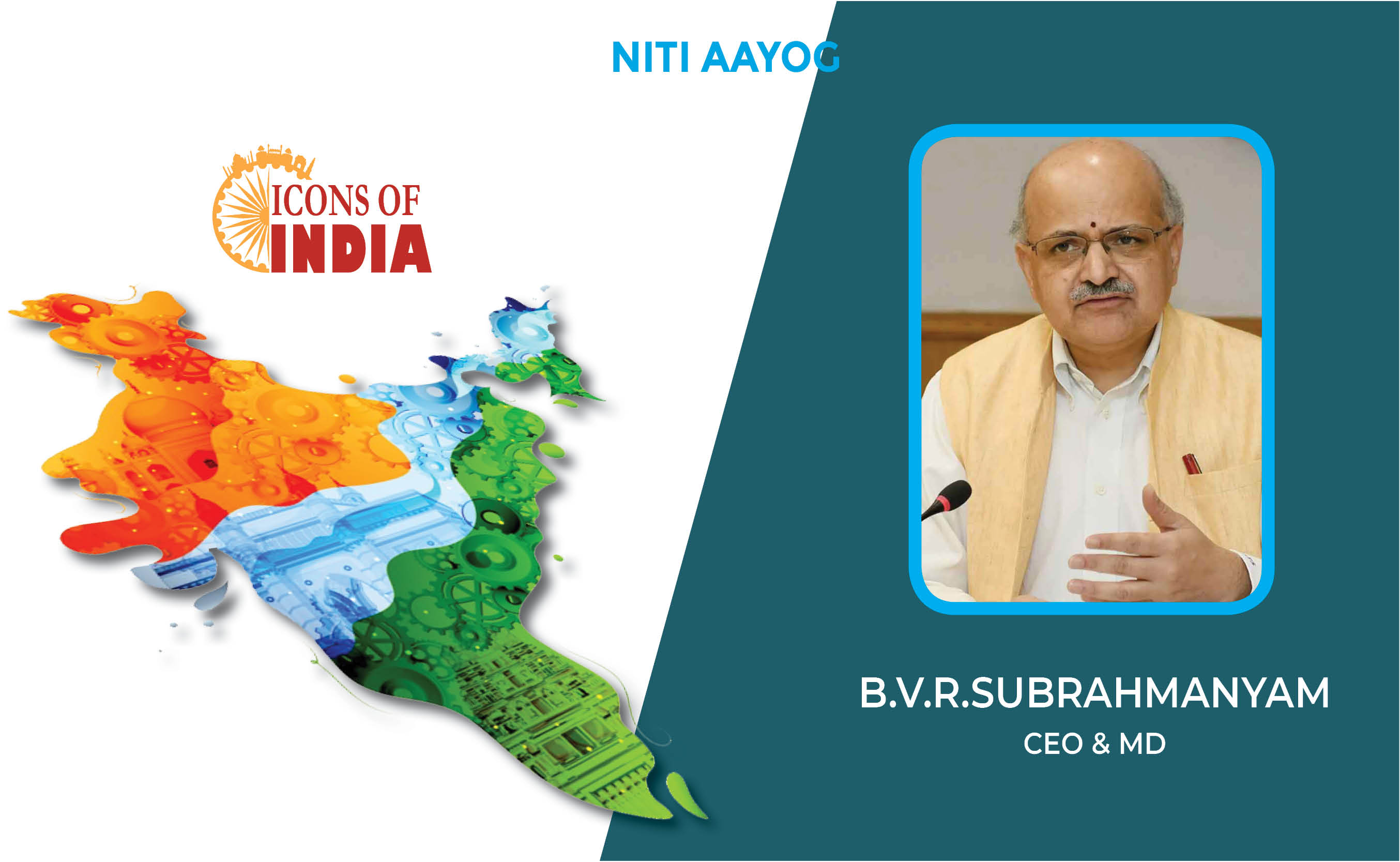
Icons Of India : B.V.R. Subrahmanyam
A 1987 batch (Chhattisgarh cadre) Indian Administrative Service Office...
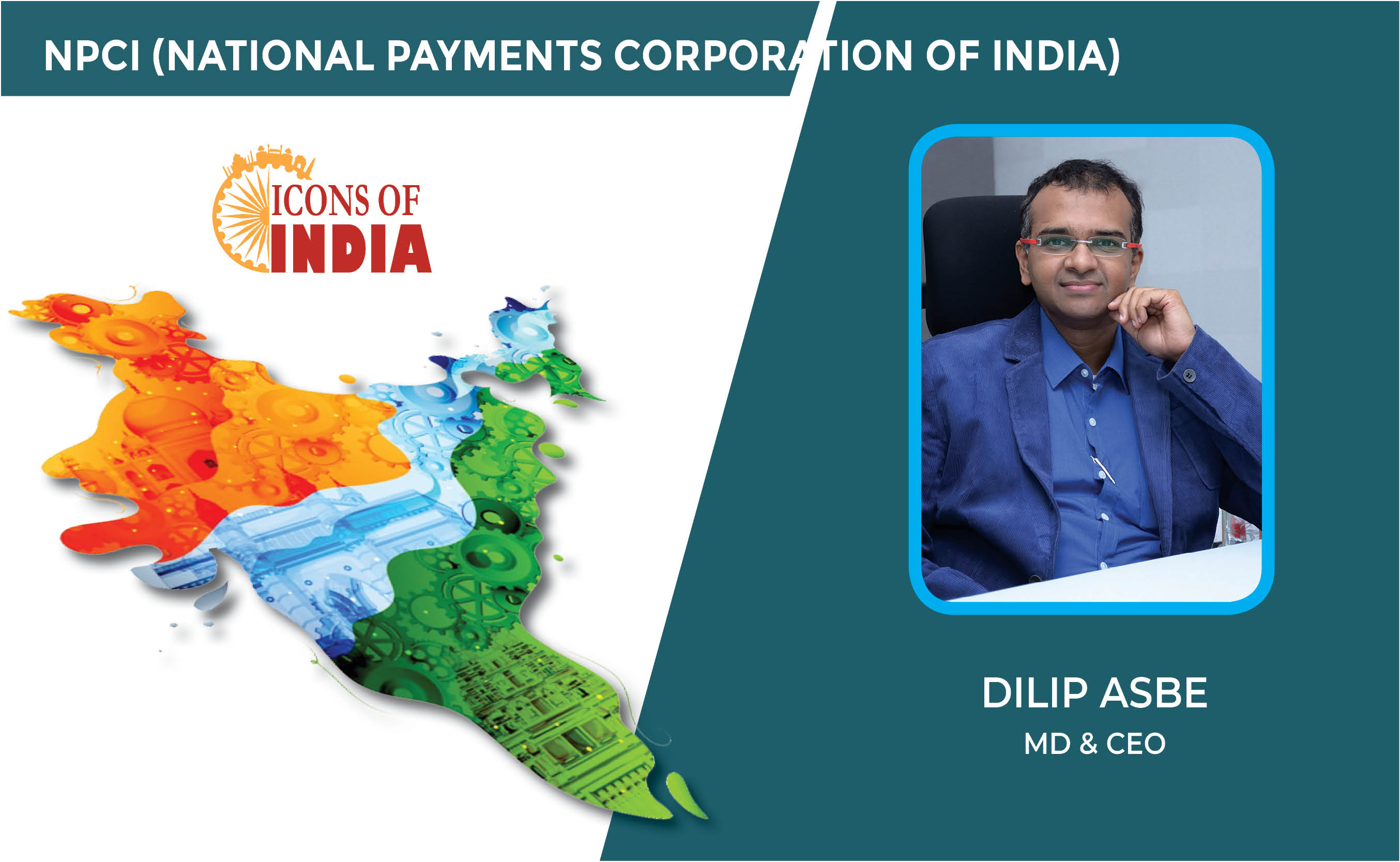
Icons Of India : Dilip Asbe
At present, Dilip Asbe is heading National Payments Corporation of Ind...


IREDA - Indian Renewable Energy Development Agency Limited
IREDA is a specialized financial institution in India that facilitates...
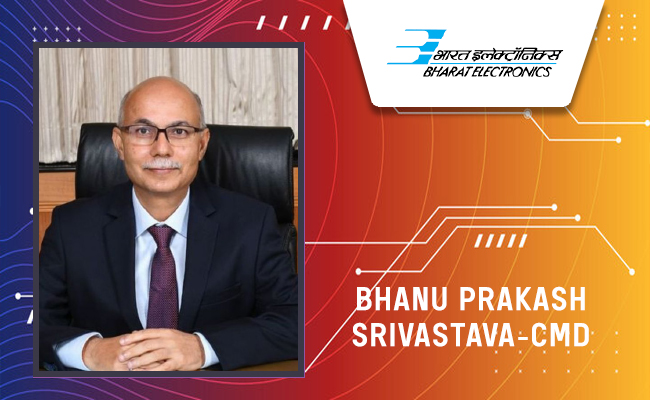
BEL - Bharat Electronics Limited
BEL is an Indian Government-owned aerospace and defence electronics co...
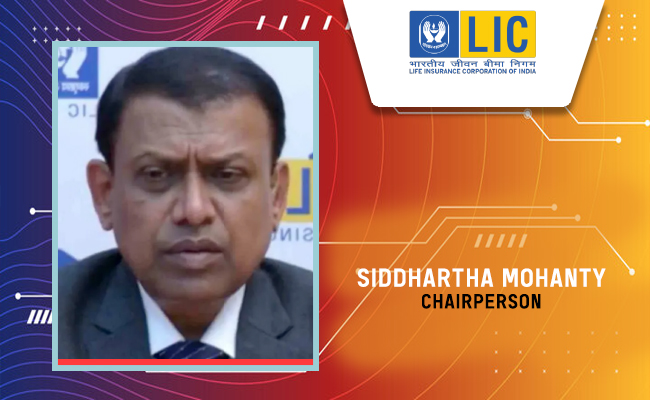
LIC - Life Insurance Corporation of India
LIC is the largest state-owned life insurance company in India...

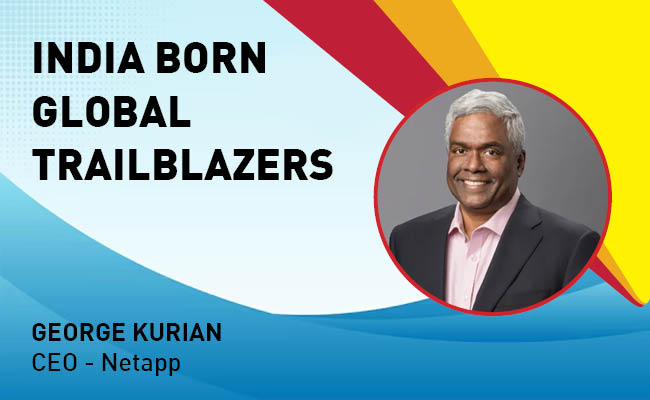
Indian Tech Talent Excelling The Tech World - George Kurian, CEO, Netapp
George Kurian, the CEO of global data storage and management services ...

Indian Tech Talent Excelling The Tech World - Sundar Pichai, CEO- Alphabet Inc.
Sundar Pichai, the CEO of Google and its parent company Alphabet Inc.,...

Indian Tech Talent Excelling The Tech World - Soni Jiandani, Co-Founder- Pensando Systems
Soni Jiandani, Co-Founder of Pensando Systems, is a tech visionary ren...
 of images belongs to the respective copyright holders
of images belongs to the respective copyright holders